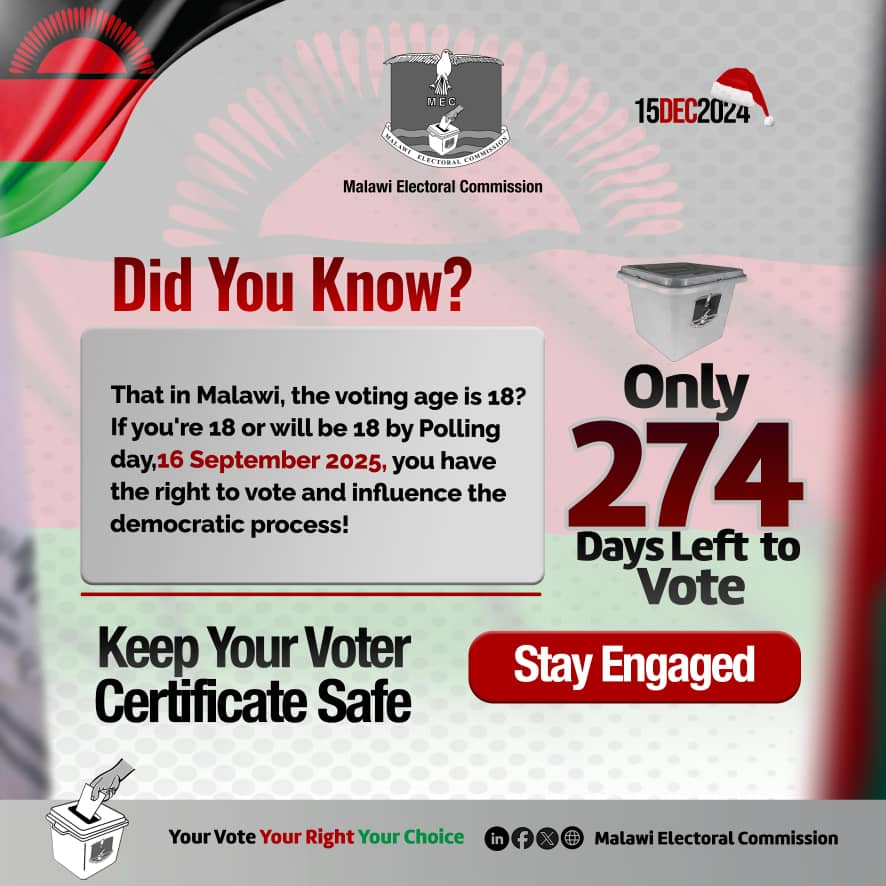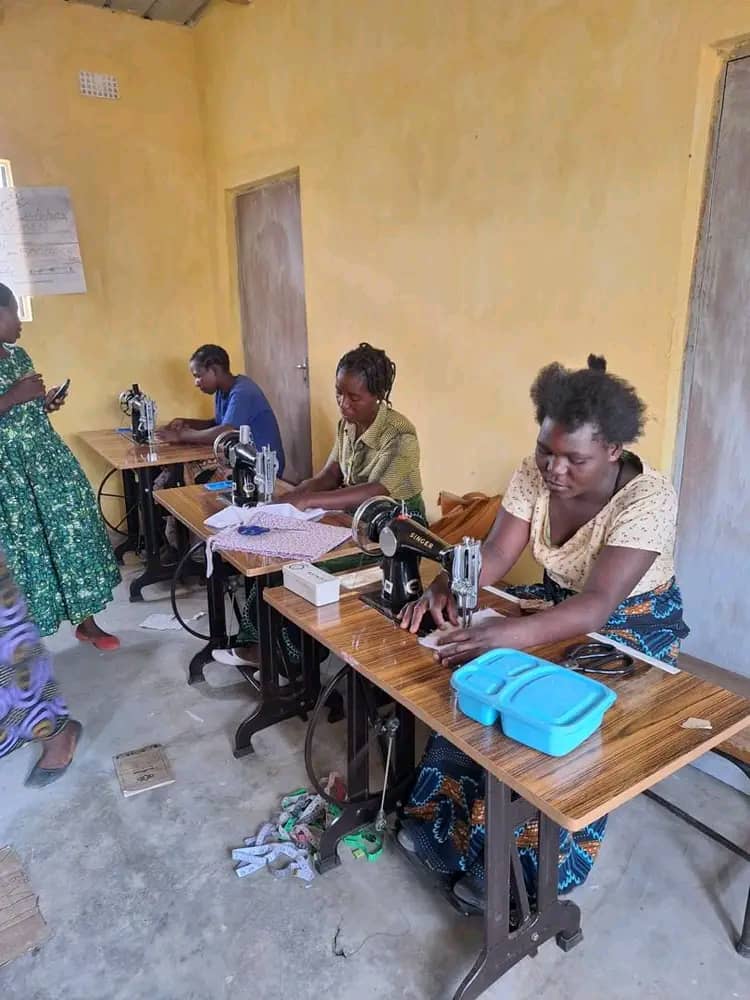By Burnett Munthali
Concerns have been raised by some members of civil society organisations and security experts regarding the number of security personnel accompanying State Vice President Dr. Michael Usi during his official and public engagements. As the Vice President continues to carry out his duties, citizens and commentators alike are calling for greater transparency from government authorities on matters relating to security deployment, accountability, and responsible resource use.
Civil society activists argue that while it is important to guarantee the safety of top government officials, the State also has a duty to ensure that security resources are being used efficiently and appropriately. According to them, what has recently caught the public’s eye is the unusually large convoy and presence of heavily armed personnel surrounding the Vice President during events. This has raised eyebrows, especially in a country grappling with severe economic challenges and resource constraints.
Security experts have echoed these sentiments, pointing out that there must be a balance between providing necessary protection and avoiding the projection of excessive force that may intimidate citizens or portray a sense of militarisation. One retired senior police officer, speaking on condition of anonymity, said that while the Vice President deserves protection in line with national security protocols, the number of officers assigned to his convoy should be guided by standard operating procedures and prevailing threat levels, not assumptions or political showmanship.
Others in the security sector have also warned that an overblown security presence may not necessarily translate into improved safety. Instead, it can stretch already limited personnel from other vital public safety assignments, including crime prevention and community policing. The concern is that this could potentially compromise national security if the deployment is not well-coordinated and justified.
The matter has also attracted the attention of political commentators who see it as an opportunity for the new Vice President to embrace a leadership style that values openness and frugality. With Dr. Usi being known for his humble background and connection to grassroots communities, many had hoped that his assumption of the Vice Presidency would signal a shift towards more citizen-centered leadership, including modest use of State privileges.
Social media has become a hotbed for public discussion, with many Malawians questioning whether the large security entourage is necessary. Users have shared photos and videos of long convoys and police vehicles escorting the Vice President, often accompanied by traffic disruptions. Some have accused the government of returning to the old habits of extravagance and waste, urging the Tonse Alliance administration to lead by example in practicing austerity and transparency.
A few defenders of the Vice President have cautioned against jumping to conclusions, noting that security arrangements are often dictated by intelligence assessments which may not be visible to the public. They argue that public criticism without full understanding of the risks involved may jeopardize the security planning process. Still, they admit that a clear communication from the Office of the President and Cabinet or the Malawi Police Service would help dispel confusion and reduce public speculation.
Calls are now growing for the Ministry of Homeland Security, the Police Inspector General, or the Vice President’s office itself to issue a statement clarifying the criteria used in determining the size of the Vice President’s security team. Such transparency, according to governance experts, would not only enhance public trust but also show the administration’s commitment to accountability in public service.
The debate over Vice President Usi’s security escort comes at a time when Malawians are enduring rising costs of living, poor access to public services, and declining confidence in political leadership. Against this backdrop, even symbolic gestures of humility and restraint in State affairs can carry significant meaning for a weary population.
In the end, the issue is not about denying the Vice President his security entitlement, but rather about ensuring that the State uses its limited resources wisely and communicates openly with the public. As Dr. Usi settles into his role as the second-in-command, how he handles this matter may set the tone for his leadership style and his relationship with the Malawian people.




